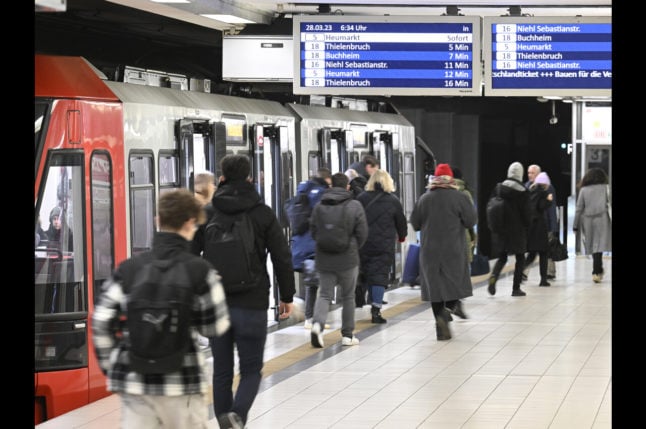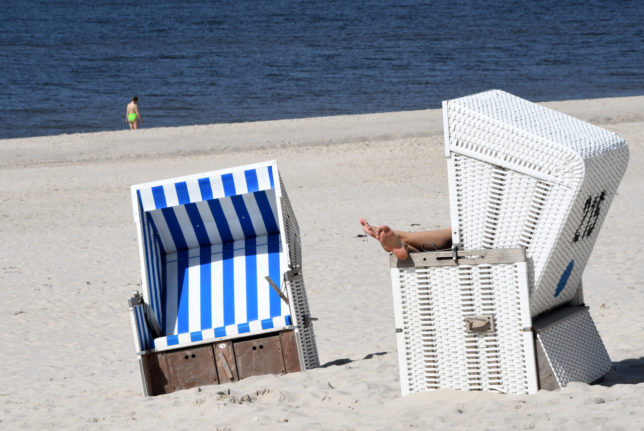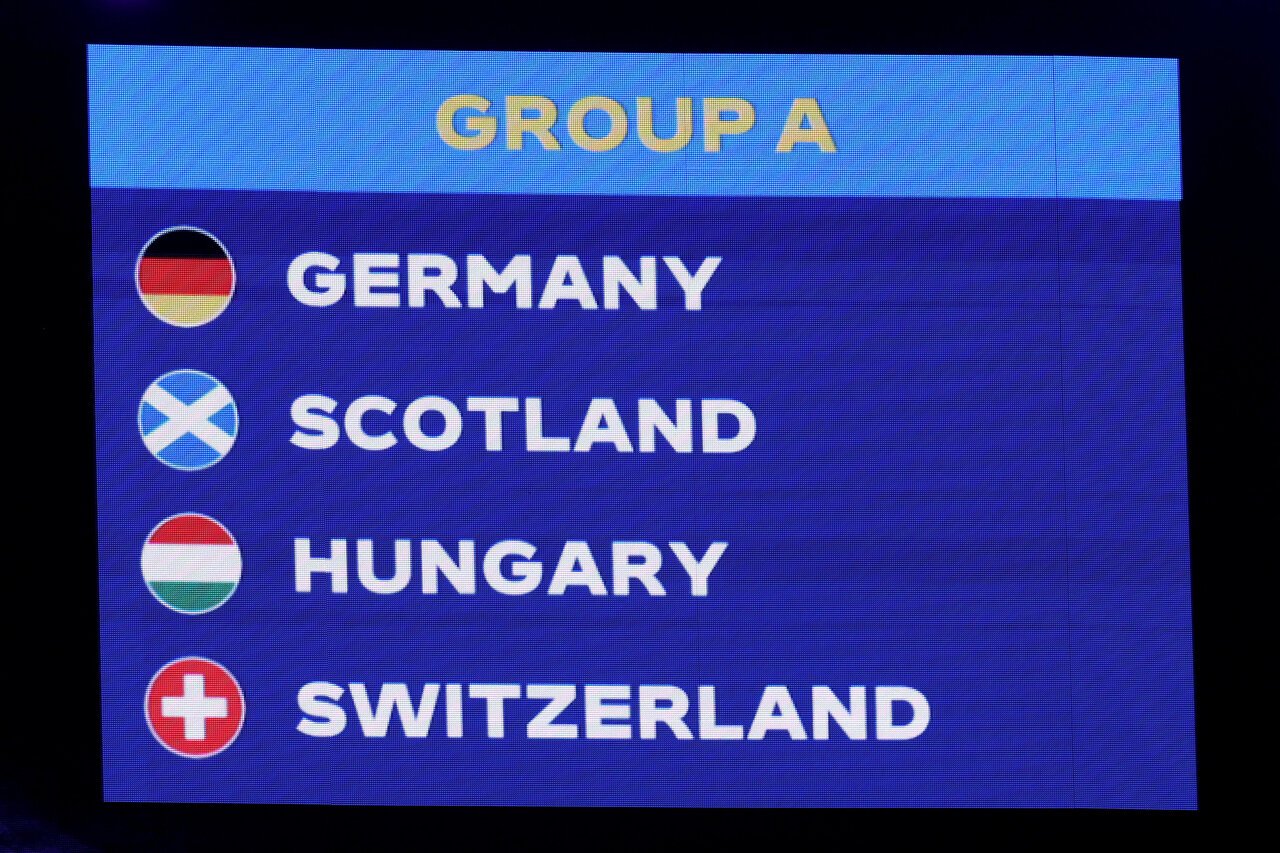Germany-wide there are a slew of useful apps, whether you want to check if your long-distance train is actually running on time with the DB Navigator, or if that gorgeous sunny day is about to be interrupted with monsoon-like rain using AccuWeather.
But there are also several apps especially useful for life in Cologne and its surroundings – especially for foreigners still getting to grips with local transport, shopping and language.
Here are our top recommendations for the Cathedral City, whether you’re visiting or sticking around for longer.
Taking care of all shopping at once with HomeRide
Are you in need of both a new duvet and bananas, but don’t have time to head to IKEA or the Supermarkt? Launched by two locals in March, the easy-to-navigate app works with local suppliers – both chains and small shops alike – to gather all the items you need together and bring them to your doorstep by the end of the day.
Sightseeing with ‘Es war Einmal’…
Despite its German name, this recently launched tourism app is available in nine languages and offers a searchable A-Z guide of both big and small attractions from the Altmarkt to the Zoo. In addition to serving as a digital travel book, it includes a history section that covers the history of the city all the way back to Roman times.

Understanding the locals with Cologne online dictionary
If you’re also perplexed when you hear the words “Tütenüggel” or “Parapluie”, you can quickly put an end to your head scratching with the Kölsches Wörterbuch. The online dictionary is published by the SK Stiftung Kultur and, with a vocabulary of 25,000 registered terms, is the most comprehensive work of its kind. Words can be translated from high German into Kölsch, the local dialect (and coincidentally pretty tasty beer), and also vice versa.
READ ALSO: 10 words you’ll need to know at Cologne’s Carnival in 2023
Staying safe with the NINA app
Some dangerous situations, such as the spread of smoke or severe weather, are something you definitely want to know about – and preferably as quickly as possible. The NINA app provides users with up-to-the-minute alerts on whatever the situation is, from minor inconveniences to urgent matters.
For example, if a World War II bomb is found in Cologne, you’ll know right away whether (and when) your neighbourhood is being evacuated, and if a heavy thunderstorm is coming, NINA will tell you that it’s better to stay at home.
Get around Cologne and beyond with the KVB-App
Cologne’s local transport app provides up-to-date timetables – with a trip planning feature – as well as a ticket shop for buses and trains in the Cologne area and beyond. You’ll also be alerted about alternative routes in case of a delay – or has been the case lately – a strike.

E-Moped sharing with Rhingo
Car sharing, scooter sharing, bike sharing – there are countless transport-sharing options in and around Cologne. Since the end of 2021, it’s been possible to rent e-Mopeds from local energy supplier RheinEnergie via the Rhingo app.
For 23 cents per minute, customers can jet through Cologne on both an e-Moped or e-bike. At the moment, electric scooters are only available on the left side of the Rhine and in Deutz, but the coverage area is constantly being expanded.
Finding the best bike routes with Komoot
While the bike route app Radroutenplanner NRW has been around for over a decade for Germany’s most populous state, some users say it still misses useful cycling paths – probably in part because they’re always changing.
The user-updated app Komoot keeps riders up the date on the best paths for bikes, whether you’re looking to commute to work or embark on an epic cycling tour down the Rhine River. It also features a section on the 20 best hiking trails around Cologne for those looking for an Ausflug as the temperatures heat up.
READ ALSO: Here are 10 of Germany’s best (and longest) bike trails
Saving cash (and the environment) with Too Good To Go
If you want to do something against food waste and also save some money, “Too good to go” is the way to go. Various restaurants and bakeries in and around Cologne are offering their leftover food here at a special price. The app sorts by location or pick-up time. During the day, portions can be reserved and paid for via the app – and each offer shows the time at which the food will be ready for collection.
On the ball with the FC Köln App
Calling all sports fans: Here you will find everything you want to know about your favourite club, be it the latest news, information about the team, or their scores. Be sure to switch on the push notifications so that you always know when a goal is scored or if there is something new. The current status of matches and the live standings are also displayed.




 Please whitelist us to continue reading.
Please whitelist us to continue reading.
Member comments